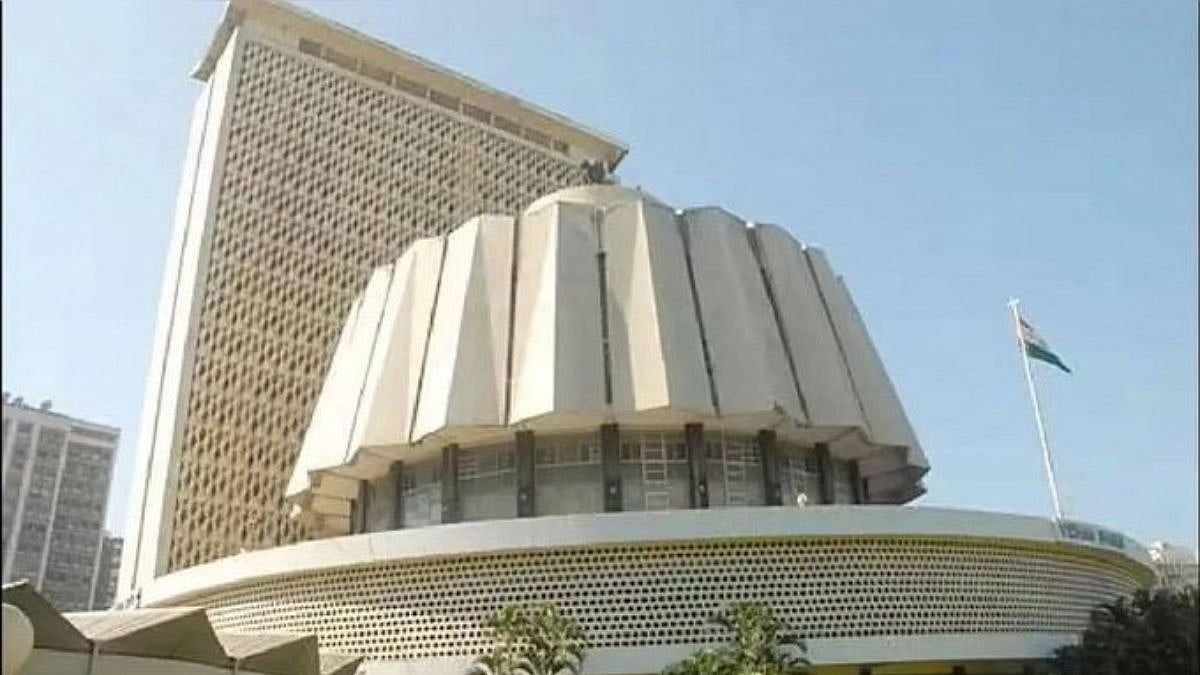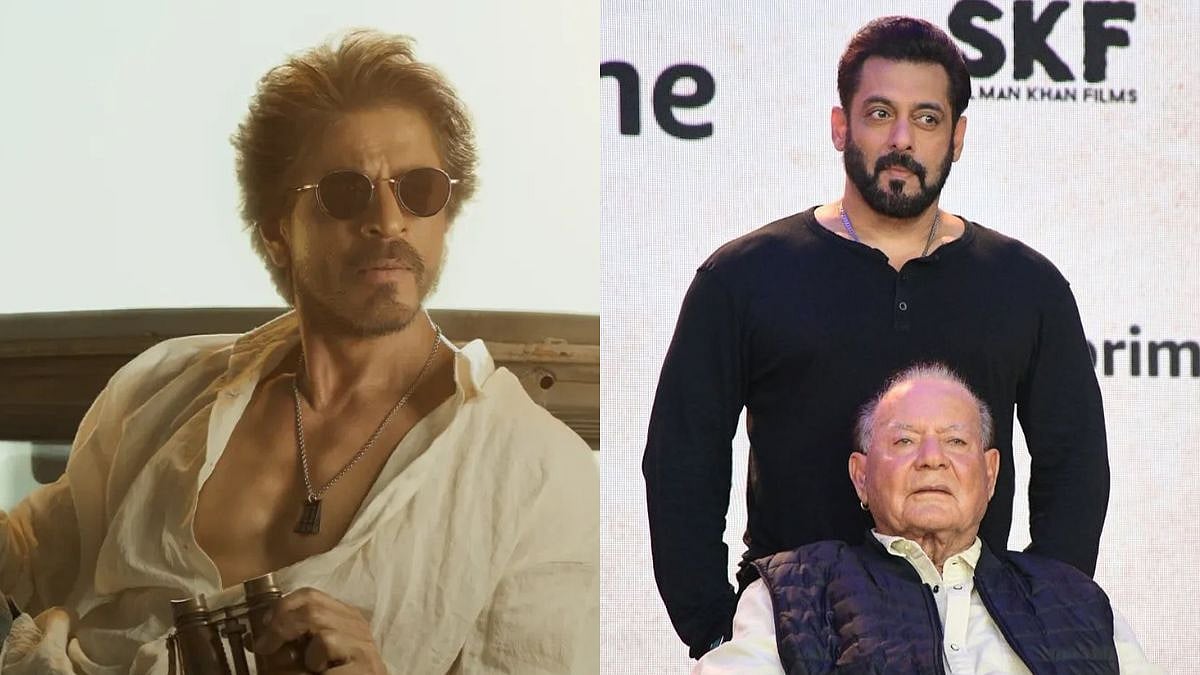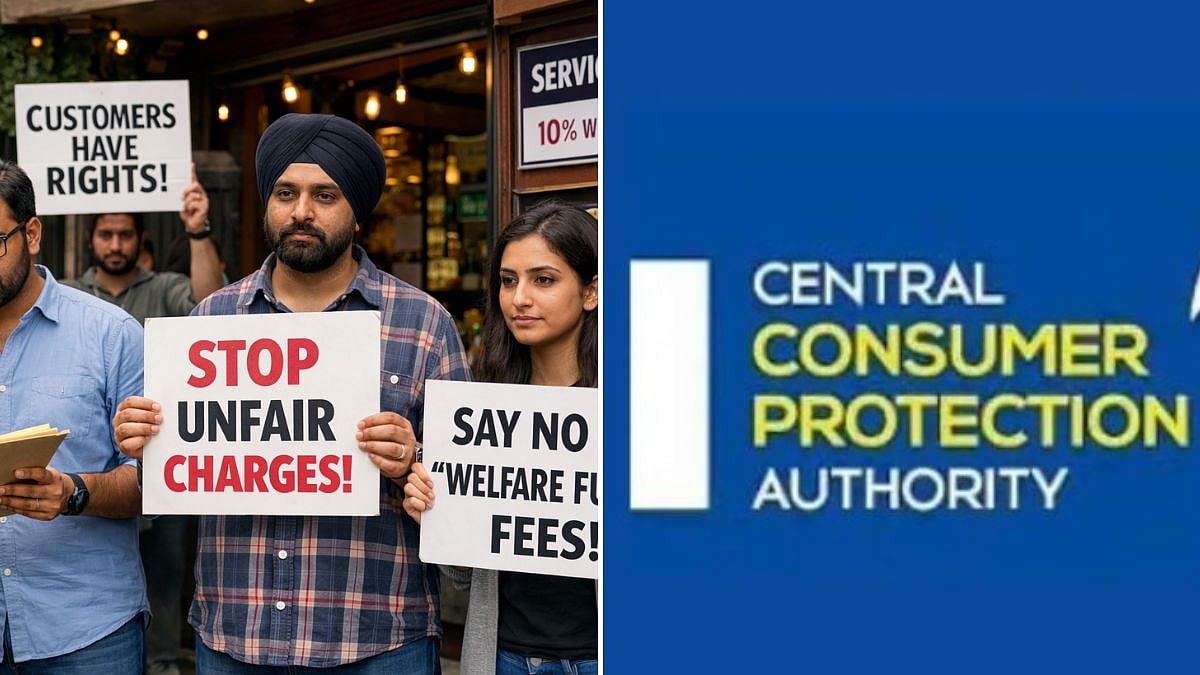A credit card, also called plastic money, is a form of credit issued by a lender or an issuer to you. Using it, you can pay for goods and services. Your credit card has a credit limit that represents the amount that an issuer lends you. The amount that you utilise from such credit limit is like a loan that you have to repay every month.
A credit card makes it possible for you to fund short-term financial requirements without having to wait for your next salary date or investment returns. When you receive income, you can repay the credit card amount that you have used. However, in order to avail these benefits and services, you will need to pay a few charges and fees. Before applying for a credit card, it is important that you read about the associated charges, so you can use the card while managing your finances efficiently. It is also important to measure the affordability of your credit card and decide whether you can make timely payments on the bills before you apply for the same.

Some issuers brief you about any associated charges up front, while others may not mention them at all. Hence, it is in your best interests to enquire about all charges. After all, you carry the responsibility of repayment and charges on the credit card account. So, shop around and apply for a credit card with minimal charges and maximum benefits.
Consider a Bajaj Finserv RBL Bank SuperCard that has minimal charges and offers many great features to purchase items on your wish list, meet short-term cash crunches and address emergencies easily and conveniently. It also offers other benefits to make the card stand out whenever you need access to cash. For example, when you make purchases of above Rs.3,000 with the card, you can convert it into easy EMIs and repay it comfortably without putting a pressure on your finances.
You can also address financial emergencies by converting your credit card cash limit into a personal loan at no-interest for up to 90 days. This apart, you can also withdraw from your credit limit at any ATM interest-free. Only a 2.5% processing fee is charged for these facilities.
This is just one of the most basic and affordable charges that you need to pay in case you are using a SuperCard. However, most credit cards have an array of charges attached to them. Read on to know more about these common charges.
Joining fees:
This is a one-time fee that you have to pay once your credit card application gets accepted. It can range from Rs.100 to Rs.1,000 depending on the financial institution. Credit card apply online that comes on a minimal or no joining fees to evade these unnecessary charges.
Annual fees:
Issuers may charge you annual maintenance fees on the credit card. Sometimes, you may be offered a free credit card. However, such fees may only be waived off for a maximum of one year, which in most cases is the year in which you get the card. After this you will have to pay the annual fees for your card every year. Such annual charges are generally added to your monthly bill once during the entire year and may go up to Rs.3000, depending on the card you are using. The issuer is likely to inform you the month during which they will levy these extra charges on your bill.
Interest fee:
You will have to pay the amount you utilise from your credit card limit within one billing cycle by a stipulated time frame each month mentioned by the issuer. If you fail to repay the total dues each month and decide to only repay the minimum dues, you will be charged an interest of around 2-3% per month on your total dues. This totals up to 24-36% per annum. To avoid paying such unnecessary interest, repay your total dues per billing cycle.
Foreign transaction fees:
When you use your domestic credit card to make overseas purchases, you will be charged for every transaction. Such foreign transaction charges may range from 2.5% to 3.5% of the transaction amount.
ATM withdrawal charges:
Your credit card issuer is likely to charge a processing fee on every cash withdrawal that you make using your credit card. Additionally, you will also need to pay interest from day one on such withdrawal amount, until you pay off the entire sum you have withdrawn.
However, when you withdraw using your Bajaj Finserv RBL Bank SuperCard, you will only be charged a processing fee of flat 2.5% and no interest for up to 50 days. This apart, you can withdraw the amount you need any time from any ATM without incurring any extra charges or penalty.
Late payment fees:
If you fail to make timely repayments towards your credit card, you’ll have to pay a flat late payment fee. Generally, issuers encourage you to pay a minimum amount towards your credit card bills. However, you’ll still have to pay interest on the remaining balance. So, refrain from doing this.
Cheque bounce fees:
If you pay the amount due on credit card through cheque and it bounces, then the issuer will charge a flat fee as bounce charges. Additionally, you will be charged an extra amount if the issuer sends their representative to collect your cheque in person. To avoid this, you can make an online credit card payment or ensure that the account linked to your cheque has enough funds.
To expedite your credit card application process, check out your SuperCard pre-approved offers by entering simple details like your name and mobile number. Once approved, you can enjoy reward points and discounts and save over Rs.55,000 annually on the Bajaj Finserv RBL Bank SuperCard of your choice. Also, you can get help on any issue regarding the credit card via the credit card customer care number to make your experience hassle-free.
Please note: This is branded content.




